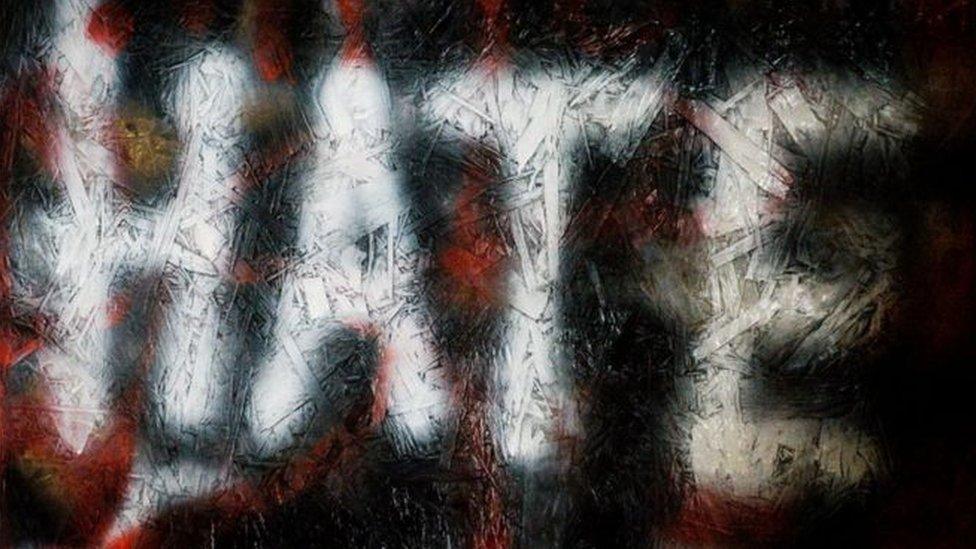Hate crime bill: Ministers have 'open mind' over controversial laws
- Published
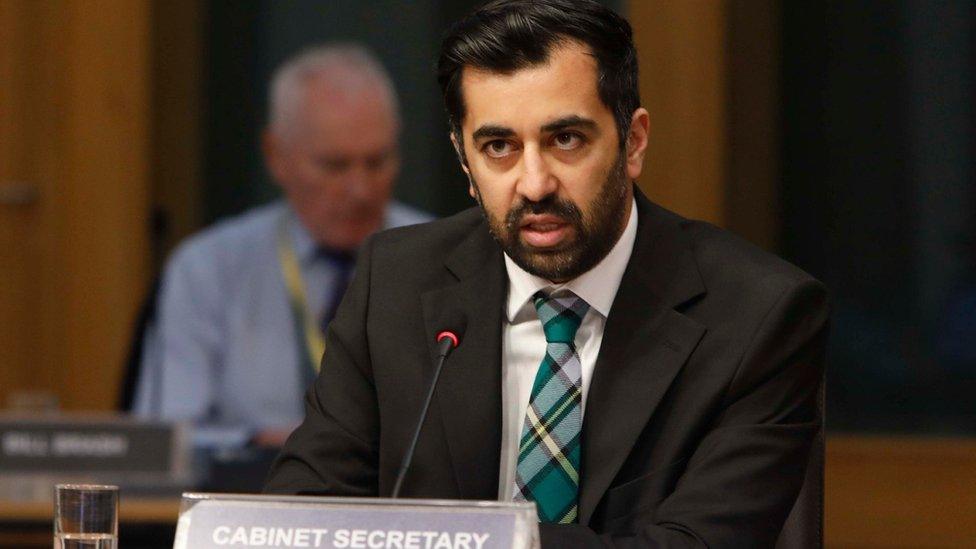
Justice Secretary Humza Yousaf says the government is "continuing to listen"
The Scottish government has an "open mind" about further changes to its controversial hate crime bill, Justice Secretary Humza Yousaf says.
Further changes to the legislation have been promised, and it is yet to come before MSPs for debate and amendment.
The bill, as originally drawn up, attracted criticism from faith groups, artists and lawyers about its perceived impact on freedom of expression.
But Mr Yousaf said the government was "continuing to listen".
He told BBC Scotland's The Nine: "The bill is still going through its oral evidence stage at the justice committee.
"As I've always said, the government will take an open mind to sensible and reasonable amendments."
However opposition parties have warned the government has "miles more to shift" before the bill becomes law, calling for a "major overhaul" of the proposals.
The bill aims to simplify Scotland's existing hate crime laws into a single piece of legislation - but caused controversy over the proposals around "stirring up hatred".
The offence of stirring up hatred against someone on the grounds of race already existed in law. The Hate Crime and Public Order (Scotland) Bill, external would extend that to include sexual orientation, religion, age, disability and trans identity.
Originally, it was proposed that the law would also target behaviour "likely" to stir up hatred, regardless of intent.
In September, the backlash prompted Mr Yousaf to revise the bill so that it only applied to people who intended to stir up hate.
Further changes were announced at the latest meeting of Holyrood's justice committee on Tuesday, with the government pledging to remove a section concerning offences committed during a public performance or play and insert further protections for freedom of religious expression.
The justice secretary also told MSPs that Baroness Helena Kennedy would chair a working group to explore options around a potential stand-alone offence of misogynistic harassment, although no timescale for this has been set.
'Offensive views'
Mr Yousaf has resisted calls to replicate a "dwelling defence" which featured in older legislation, and meant an accused would be protected from prosecution if they committed the offence in their own home.
He said: "You are not going to be hauled in front of a court or thrown in the jail for expressing what might again be offensive views on immigration, asylum, refugees, people's religion, or sexual orientation.
"But if it can be proven beyond reasonable doubt that your behaviour was threatening or abusive and it can be proven, beyond reasonable doubt, that you intended to stir up hatred, then you will be prosecuted.
"And it's not, for me, a defence that simply because this happened in your home, where you might have 10 people, 15 people… you might have a mansion and have 50 people round, and you're stirring up that kind of hatred. That to me is not an adequate defence."
The justice committee will produce a report on the bill later this year, before it goes before MSPs for its first vote in the legislative process.
Scottish Conservative justice spokesman Liam Kerr said the bill remained "dangerously flawed" and could be "tied up in the courts for years" by legal challenges if it is not amended further.
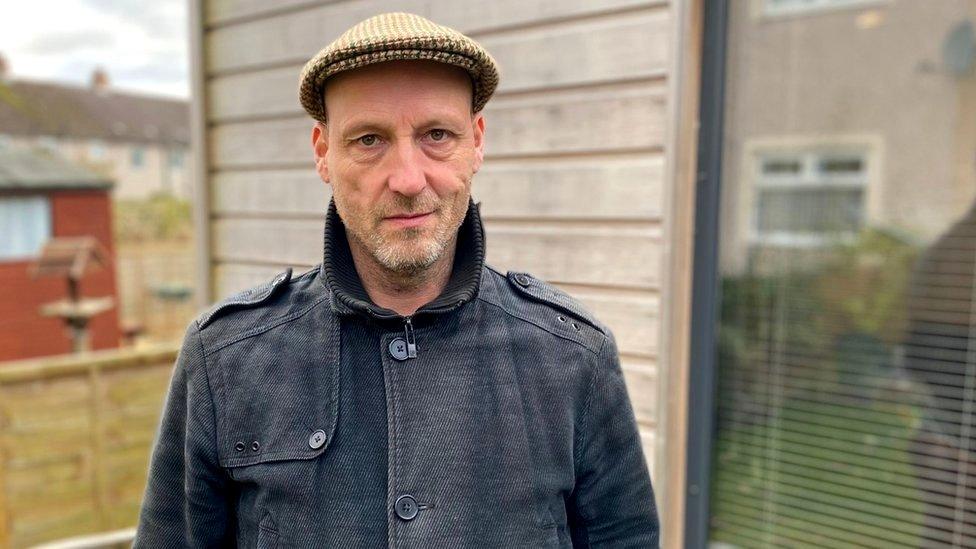
Dr Stuart Waiton says the bill is "profoundly authoritarian"
The hate crime bill attracted more than 2,000 responses from organisations and members of the public.
They included Dr Stuart Waiton, a sociology lecturer at Abertay University, former Brexit Party candidate and Herald columnist.
He said: "Who determines what that means, to stir up hatred?
"I hate racists. But that doesn't mean I think that you should be able to arrest and imprison people for having certain views. Or for expressing those views in the privacy of their own homes, which is what this law does.
"So it's a profoundly authoritarian bill in terms of its threat to speech and thought."
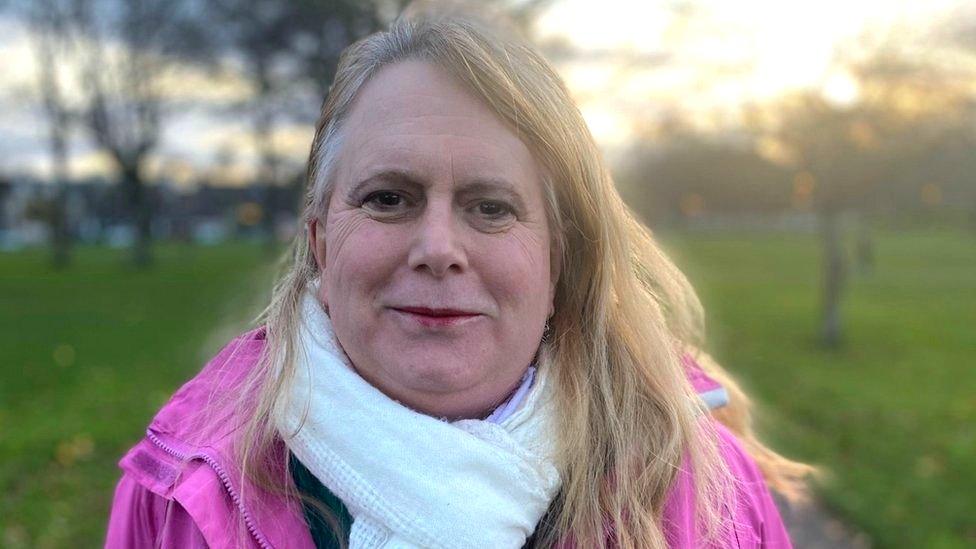
Becky Kaufmann supports the bill
US-born Becky Kaufmann says she has been the target of hate crime in the past. She works as a policy officer for the Scottish Trans Alliance, one of several organisations that back the bill.
"All laws are authoritarian, by definition," she said.
"Laws that tell you what you have to do are constraining your behaviour. In a civil, decent society we have laws that truly recognise what is abusive and offensive behaviour and we don't criminalise what is not.
"In Scottish society, open debate about subjects, including controversial subjects, is not sufficiently offensive to be criminal. This law does not criminalise that behaviour."
She added: "Unfortunately, in this day and age, we have behaviour that climbs above that threshold, and when the behaviour climbs above that threshold, and any reasonable observer could look it and say 'that's not on', then that should be criminalised."
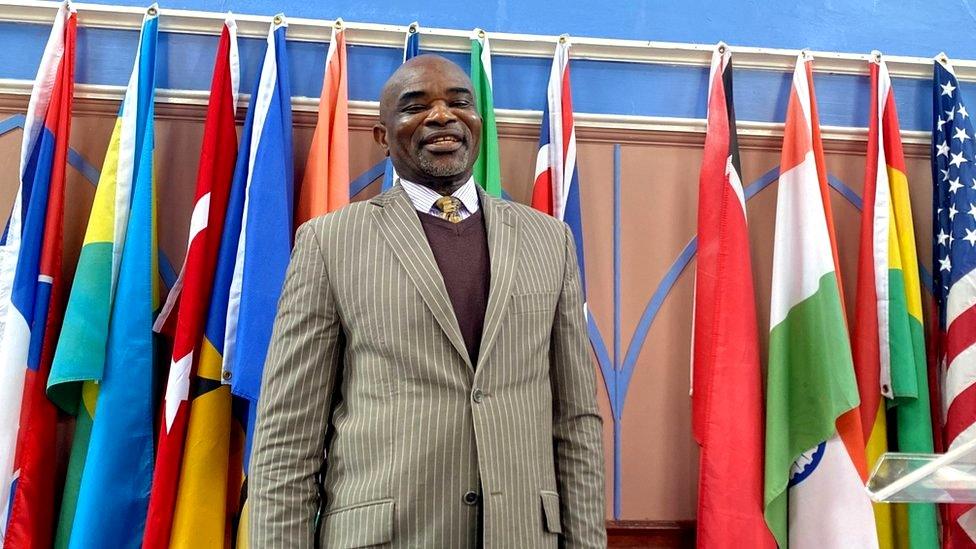
Pastor Joseph Nwokoye is opposed to the legislation
Nigerian-born pastor Joseph Nwokoye has been preaching in Scotland since 1986.
Based in Fife, he has made public pronouncements against same-sex marriage and believes homosexuality is an "abomination".
Under the new law, the act of expressing these views would not be prosecuted due to freedom of expression protections.
Yet he still believes the bill will "cause a lot of problems".
"You cannot just tell someone they have committed a crime just because he or she does not like the way certain kind of people live their lives," he said.
He said he would rather go to prison than "disobey God", adding: "The government is heading to a dangerous position."
- Published15 December 2020
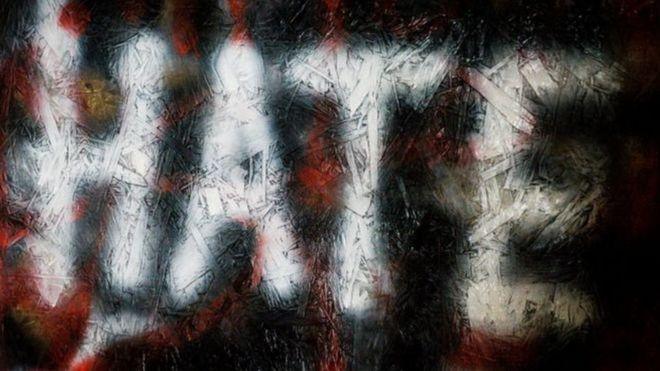
- Published23 September 2020
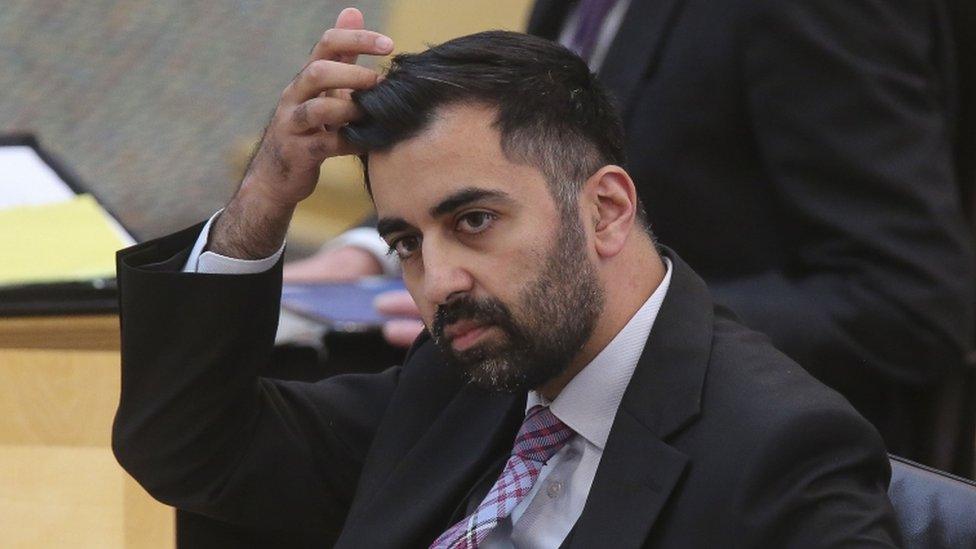
- Published4 September 2020

- Published25 July 2020
